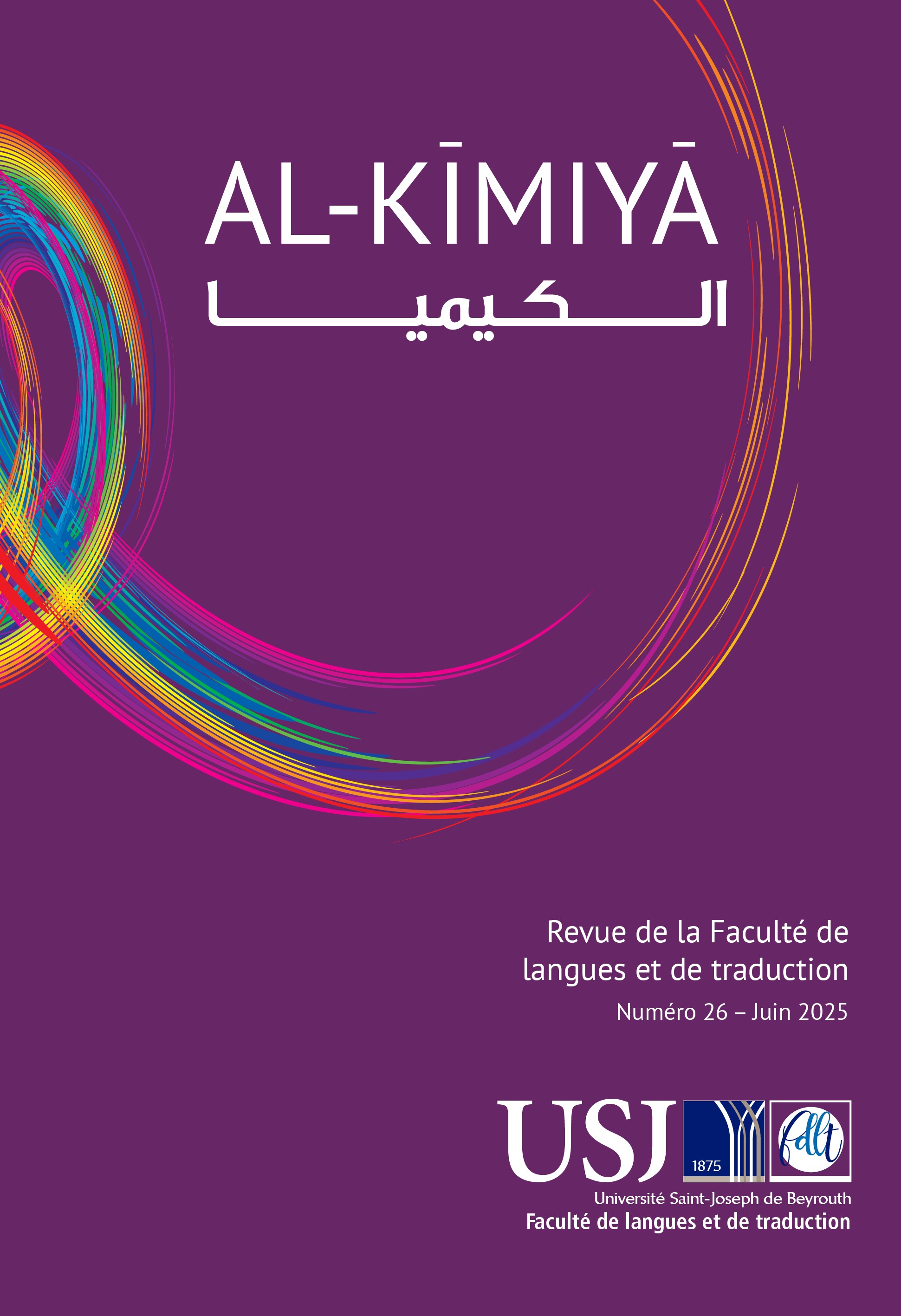Abstract
This article aims to examine the main linguistic mechanisms employed by the “expert” educational discourse in higher education to reinforce its legitimacy and authority. The central hypothesis of this study posits that the “expert” educational discourse uses pseudo-technical/scientific rhetorical strategies to create an illusion of rationality and performance, with the aim of neutralizing critical and reflective thinking (Denault, 2016; Gobin, 2011). Theoretically, the study adopts a critical multidisciplinary approach that integrates socio-pragmatics, linguistic anthropology, political philosophy, and critical sociology of organizations. Methodologically, the study is based on a “hermeneutic” approach (Charaudeau, 2018) that seeks to explore the various discursive mechanisms used by the “expert” educational discourse and their psychological-pragmatic impact on the receiving audience. It analyzes the content, key stakeholders, and power dynamics to understand how the discourse shapes educational norms and models. The findings often show that this type of discourse relies on technical and scientific rhetoric to strengthen its legitimacy and assert credibility with the public. Expert discourse, grounded in utilitarian and pragmatic reasoning, tends to adopt a technocratic and uniform approach, shaped primarily by a techno-economic paradigm. Consequently, it often sidelines the critical and contested dimensions that are central to academic and scientific debate.

